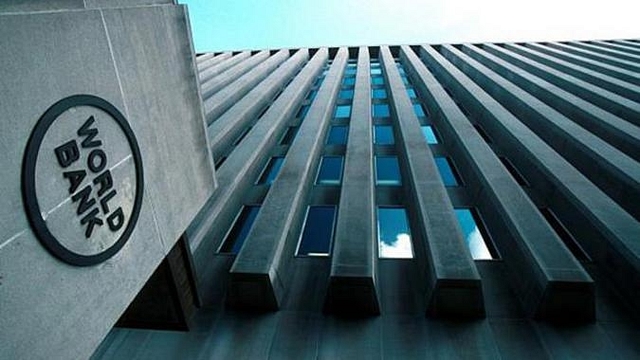
India’s 30-Spot Jump In Ease Of Doing Business Comes With A Caveat: States Aren’t Doing Enough
While all states now try to show improved rankings in the ease of doing business, the heavy lifting now needs to be done by them in the areas where our rankings are low.
The phenomenal 30-places jump in India’s ranking on the ease of doing business is testimony to the fact that Narendra Modi’s singular focus on fixing the plumbing and getting states to compete for improving their scores is finally working. It is thus churlish of the Congress to make fun of this achievement by calling it “cease of doing business”, given the context of the slowdown in gross domestic product (GDP) growth over the last six quarters, and the troubles smaller businesses are facing in adjusting to the goods and services tax (GST) regime.
Prima facie, the Congress criticism amounts to a complete misunderstanding of what the World Bank’s Doing Business 2018 report is trying to say. India’s rank improvement from 130 to 100 signifies something different from what the growth slowdown or GST reform hiccups signify. Ease of doing business is about laying a good road for businesses to traverse; the current travails of the economy relate to how well a vehicle is performing. To blame the road for vehicle underperformance, or the vehicle for bad roads is silly.
So, the government has good reason to cheer, but not a cause for endless preening. In fact, it ought to look at the seven parameters where its ranking is below its overall rank of 100 in a field of 190 countries, even though it has improved its rankings in six.
The six parameters on which India has reason to pat itself on the back are ‘Protecting minority investors’, where India is an unbelievable No 4, up from No 13, ‘Getting credit’ (29 against 44 earlier), ‘Paying taxes’ (119 against 172), ‘Resolving insolvency’ (103 versus 136), ‘Enforcing contracts’ (164 Vs 172), and ‘Dealing with construction permits’ (181 Vs 185).
We have slipped marginally in three areas, and crashed badly in one. In ‘Starting a business’, we are down one notch from 155 to 156, which means the World Bank reckons we could do more, or that the others are doing marginally better. In ‘Trading across borders’, we are at 146 from 143 earlier, and in ‘Getting electricity connection’ we are at 29, down three ranks. These slippages cannot be a real deterioration since small changes in the rankings of one or two countries can change the pecking order form year to year. What it means is we haven’t done enough in these areas.
What we should really worry about are the two areas where we have done very badly – in registering property, and the lacklustre improvement in dealing with construction permits. In both these areas, states play a major role, and clearly, they are not doing enough here. One can suspect why this is so. Land, property and construction permissions are where the moolah is, and state politicians find their highest opportunities for corruption here. Leaving these areas unreformed gives them ample scope for rent-seeking.
Even in “Starting a business’, the chances are we should improve our ranking next year, since registration of a new company takes only a day or two. It is probably the delays at the state level – for land, water, electricity, etc – where the big delays arise.
The underlying message is simple: while all states now try to show improved rankings in the ease of doing business, the heavy lifting now needs to be done by them in the areas where our rankings are low. It is the states that need to reform now, and not just the Centre.